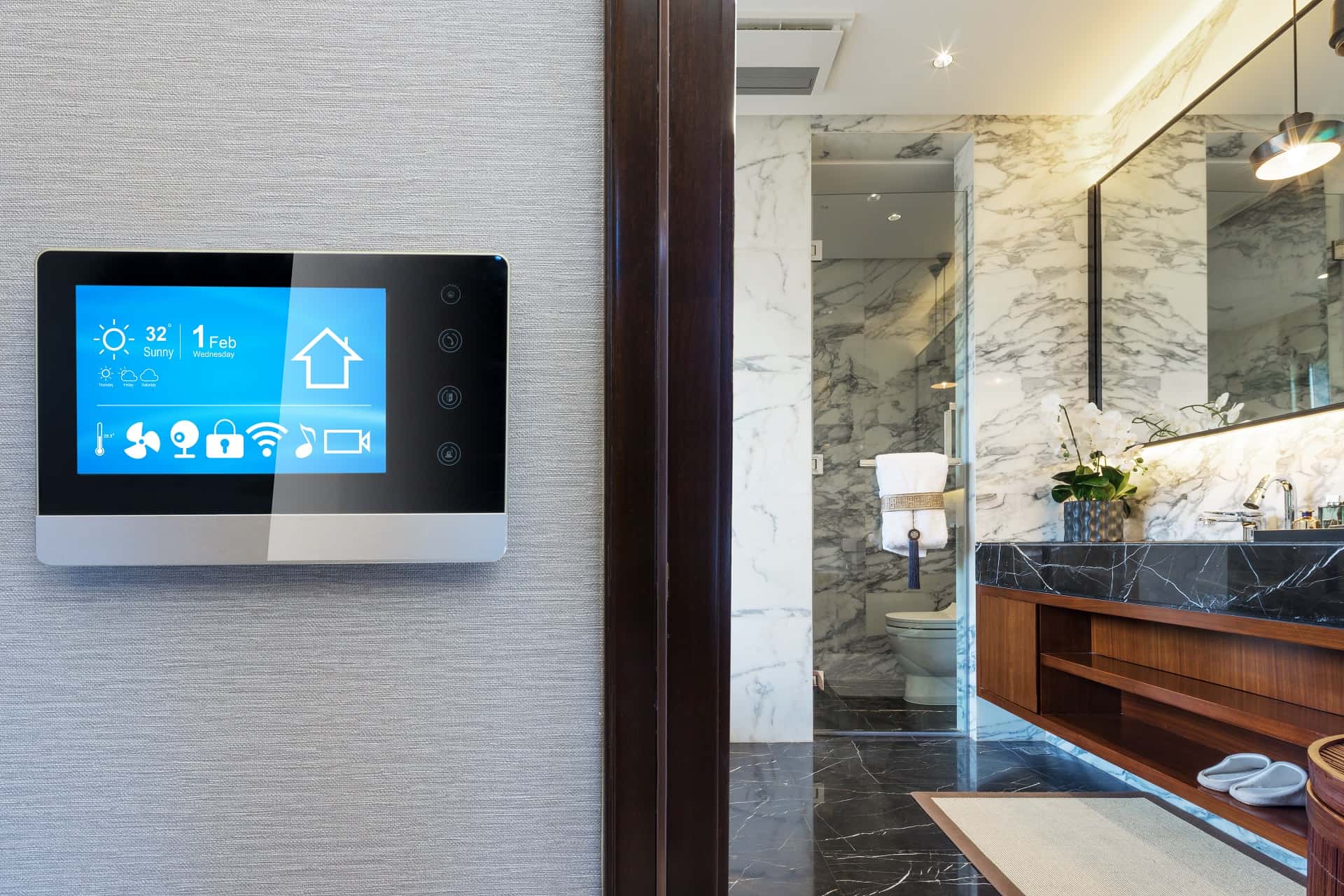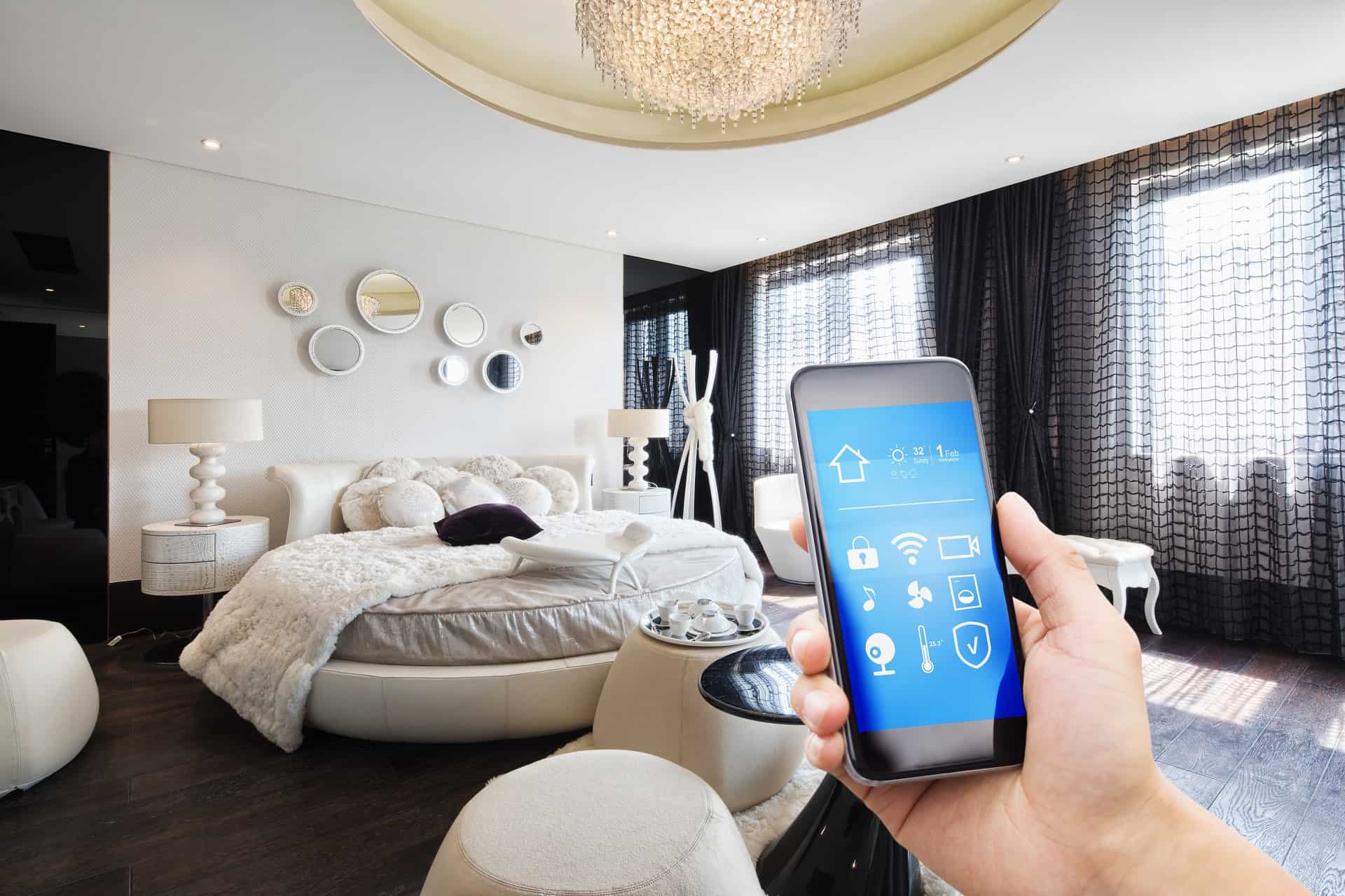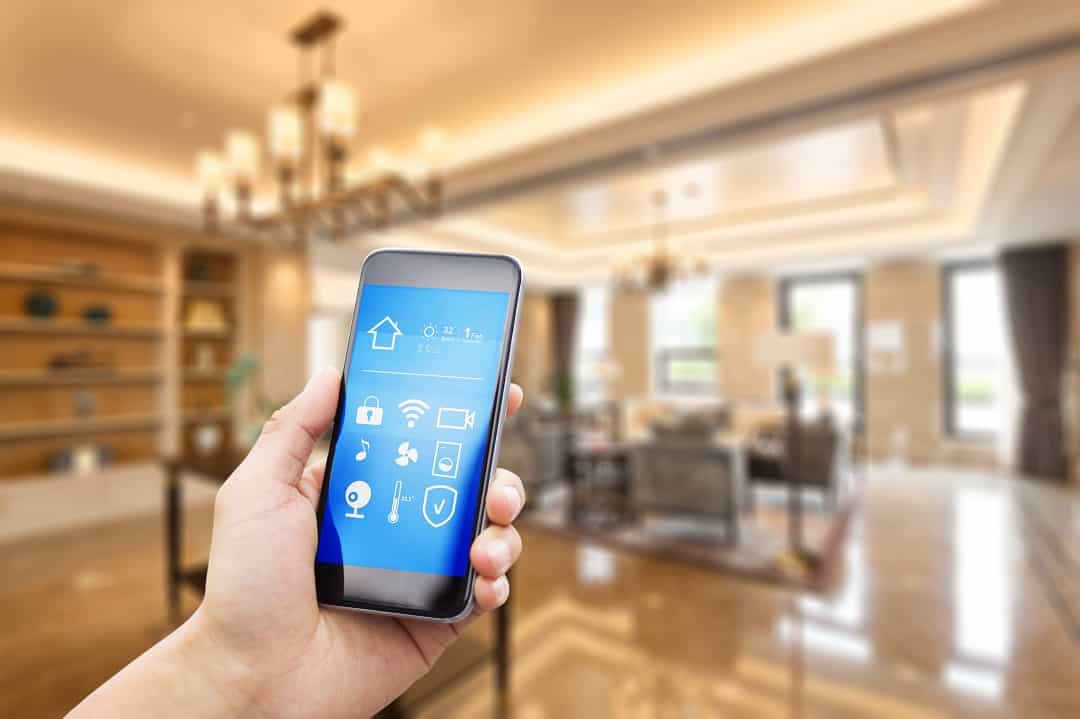Welcome to our latest blog post where we dive into the fascinating world of smart home devices. If you’ve ever wondered how technology can transform your living space into a futuristic, efficient hub, then you’re in for a treat. In this article, we’ll explore the myriad of smart home devices available on the market today, from voice-controlled assistants to automated lighting systems and everything in between. Whether you’re a tech enthusiast or simply looking to make your life more convenient, this post is a must-read for anyone interested in exploring the amazing possibilities that smart home products have to offer.
Types of Smart Home Devices
When it comes to transforming your home into a smart home, there are several types of devices that can make your life easier and more convenient. Let’s take a closer look at some of the most popular smart home device types available on the market today.
Smart Speakers
These innovative devices not only play your favorite music but also act as personal assistants. With built-in voice control features like Amazon Alexa or Google Assistant, smart speakers can answer questions, set reminders, control other smart devices, and even order products online.
Smart Thermostats
Say goodbye to manually adjusting your thermostat. Smart thermostats allow you to control the temperature of your home from anywhere using your smartphone. They can learn your preferences, create personalized schedules, and even save energy by automatically adjusting the temperature when you’re away.
Smart Security Systems
Protecting your home has never been easier with smart home security systems. These devices include features like video doorbells, security cameras, and motion sensors. You can monitor your home and receive instant alerts on your smartphone, ensuring peace of mind even when you’re away.
Smart Door Locks
Smart door locks work great in combination with a smart home security system or standalone. If someone forgot a key you can easily let them in remotely with a smart door lock. Some newer smart locks even have auto-unlock, so they automatically unlock when they sense you ( and your phone ) are getting near.
Smart Lighting
With smart lighting systems, you can control your lights remotely and create custom lighting schedules. Some smart light bulbs even offer color-changing options, allowing you to set the mood for any occasion. Additionally, you can save energy by using smart lighting to automatically turn off lights when no one is in the room.
Smart Blinds
These days, even your window blinds and curtains are able to be automated. With devices to automated your window coverings, you can have your curtains or blinds automatically open and close at a set time each day. You could even configure them to close depending on the angle of the sun to help keep your home cooler in the summer and warmer in the winter. This can be a great energy savings as one study recently found out.
Robot Vacuums
Robot vacuums are becoming more and more common as their price comes down. These little helpers are a great addition to a smart home. These machines can automatically vacuum or mop your house on a schedule, or on demand. Some can even wait until you are gone to vacuum so you come home to a clean house. Talk about magic!
Smart Appliances
Smart appliances are becoming more and more commonplace. From smart kitchen appliances like refrigerators that track what is in them ( and let you know when something is running low ) to smart clothes washing machines that automatically adjust their settings depending on what type of laundry is in them or alert you when a load is done washing. I am expecting smart appliances to become even more common in the future due to how convenient their features are.
As you can see, there are plenty of options when it comes to smart home devices. These devices can enhance your daily life, increase convenience, and provide added security to your home. Whether you’re a tech enthusiast or simply looking for ways to make your home smarter, incorporating these devices into your life is definitely worth considering.
FAQ
What are smart home devices?
Smart home devices are innovative gadgets that are designed to make your home more connected, efficient, and convenient. These devices are equipped with advanced technology and can be controlled remotely through a smartphone or a voice assistant like Amazon Alexa or Google Assistant. From smart thermostats that help you optimize energy usage and save money on your bills, to smart lights that allow you to control the ambiance of your home with a simple voice command, there is a wide range of smart home devices available on the market. They can also include smart security systems, door locks, cameras, appliances, and even smart entertainment systems. With these devices, you can automate various aspects of your home and create a more comfortable and secure living environment.
What are the benefits of using smart home devices?
The main benefits of using smart home devices are convenience, increased energy efficiency, improved security, and customization. Convenience is a major advantage of smart homes. With smart devices, you can control your lights, thermostats, security systems, and more from anywhere using your smartphone or voice commands. This means you can come home to a well-lit and comfortable house, even if you forgot to adjust the settings before leaving. Smart home devices can also improve energy efficiency. By automating and optimizing the usage of your appliances and HVAC system, you can reduce energy waste and save on your utility bills. Additionally, smart home devices offer improved home security. With features like smart locks, doorbell cameras, and motion sensors, you can keep your home safe and monitor it remotely. Finally, smart home devices provide a level of customization and personalization. You can create schedules, set preferences, and integrate different devices to work together seamlessly, allowing you to create a truly smart and tailored home environment.
Are smart home devices easy to install and set up?
Yes, smart home devices are generally easy to install and set up. Most smart home devices are designed with user-friendliness in mind, so you don’t need to be a tech expert to get started. Many devices come with step-by-step instructions and intuitive mobile apps that guide you through the installation process. For example, smart speakers like Amazon Echo or Google Home can be set up by simply plugging them in, connecting them to your Wi-Fi network, and following the prompts on the app. Similarly, smart thermostats like Nest or Ecobee usually come with clear instructions and interactive setup processes to make the installation hassle-free. However, it’s worth noting that some devices may require additional steps or professional assistance, especially if they involve electrical wiring or complex integrations with other smart home systems.
Can smart home devices be controlled remotely?
Yes, smart home devices can be controlled remotely. This is one of the key features of smart home technology. With the use of a smartphone or tablet, you can easily control and manage your smart devices from anywhere, as long as you have an internet connection. Whether you want to turn on the lights, adjust the thermostat, or lock the doors, remote access allows you to do it all with just a few taps on your mobile device. This convenience not only adds to the comfort and ease of managing your home, but it also provides an extra layer of security and peace of mind.
What are some popular brands of smart home devices?
Some popular brands of smart home devices include Amazon Echo, Google Nest, Ring, and Philips Hue. Amazon Echo is known for its smart speakers powered by the voice assistant Alexa, which can control various smart devices in your home. Google Nest offers a range of products like smart thermostats, cameras, and speakers that work with the Google Assistant. Ring specializes in video doorbells and security cameras that allow you to monitor your home remotely. Philips Hue is a popular brand for smart lighting, offering a wide range of bulbs and light fixtures that can be controlled through smartphone apps or voice commands. These brands are trusted and well-known in the smart home industry, providing reliable and innovative products to enhance your home automation experience.
Do I need a hub or a smart home ecosystem to use smart home devices?
No, you don’t necessarily need a hub or a smart home ecosystem to use smart home devices. While some devices may require a hub to connect and control multiple devices, many smart home devices can work independently using Wi-Fi or Bluetooth technology. These devices can be controlled through their own mobile apps or even voice assistants like Amazon Alexa or Google Assistant. However, having a hub or a smart home ecosystem can simplify the management and control of multiple devices, as it provides a centralized platform for controlling and automating various devices in your home. So, whether you choose to use a hub or not depends on your specific needs and the level of integration you desire for your smart home setup.
How do smart home devices contribute to energy efficiency?
Smart home devices contribute to energy efficiency by allowing you to monitor and control your energy usage more effectively. For example, smart thermostats like the Nest Learning Thermostat can learn your temperature preferences and adjust accordingly, saving energy when you’re away. Similarly, smart plugs enable you to turn off devices remotely, ensuring that appliances aren’t left on unnecessarily. Smart lighting systems, such as Philips Hue, can automatically adjust brightness based on natural light levels, reducing energy consumption. By providing real-time data and customizable settings, smart home devices empower you to make informed decisions about your energy usage, ultimately leading to reduced energy waste and lower utility bills.
Can smart home devices be customized and personalized to fit individual preferences?
Yes, smart home devices can definitely be customized and personalized to fit individual preferences. Most smart home devices come with companion apps or software that allow users to configure and control them according to their specific needs. For example, you can set up personalized routines and schedules for your smart lights, adjust the temperature settings on your smart thermostat, and even customize the security settings on your smart doorbell. Additionally, many smart home devices are compatible with voice assistants like Amazon Alexa or Google Assistant, which means you can further personalize your smart home experience by using voice commands to control your devices. Whether it’s adjusting the lighting, playing your favorite playlist, or even ordering groceries, the possibilities for customization and personalization with smart home devices are virtually endless.
What is the cost of smart home devices and are they worth the investment?
The cost of smart home devices can vary depending on the brand, features, and complexity of the device. Entry-level devices like smart plugs or voice assistants can range from $20 to $50, while more advanced devices like smart thermostats or security systems can cost anywhere from $100 to $300. It’s important to consider the long-term benefits when evaluating the investment. Smart home devices can enhance convenience, improve energy efficiency, and provide additional security. Additionally, they can integrate with other smart devices to create a seamless and personalized home automation experience. Ultimately, the value of smart home devices lies in the convenience and peace of mind they offer, making them a worthwhile investment for many homeowners.
In Summary
Thank you so much for taking the time to read our blog post on the various types of smart home devices. We hope that you found this information helpful and insightful as you explore the world of smart home technology. Whether you’re a tech enthusiast looking to upgrade your home or simply curious about the latest innovations, we’re glad to have been able to share this knowledge with you.




